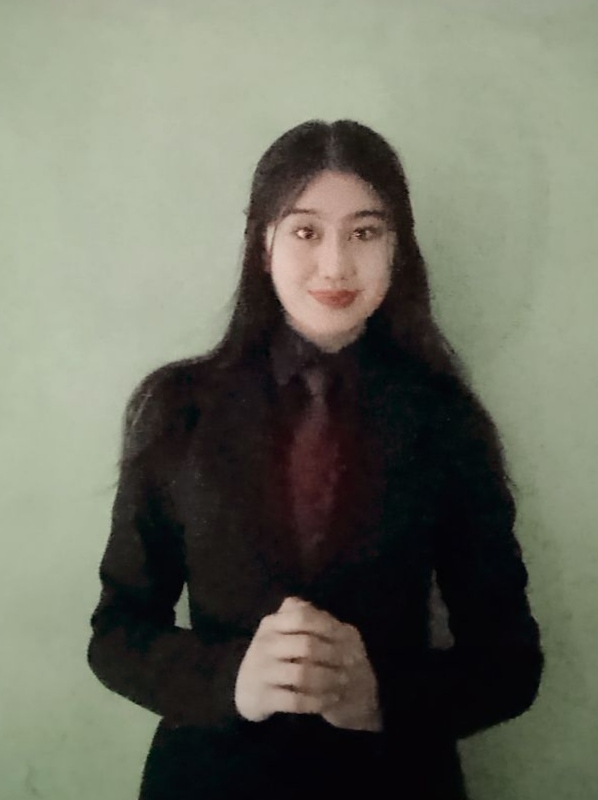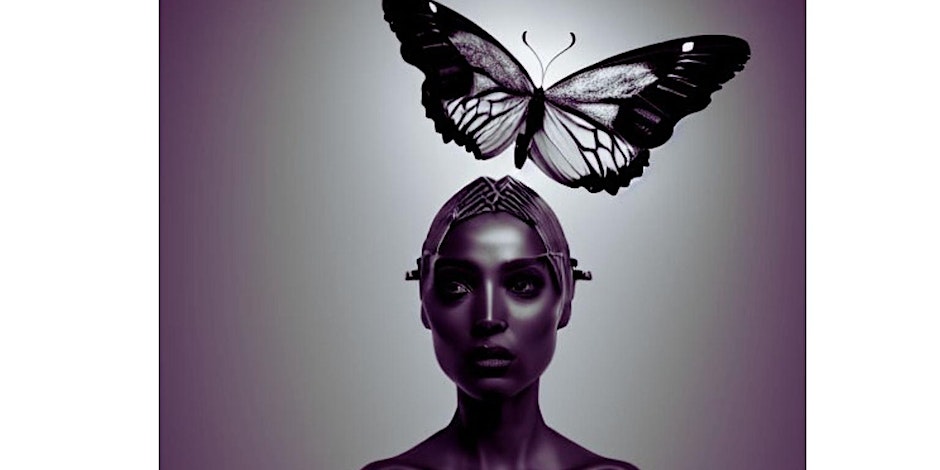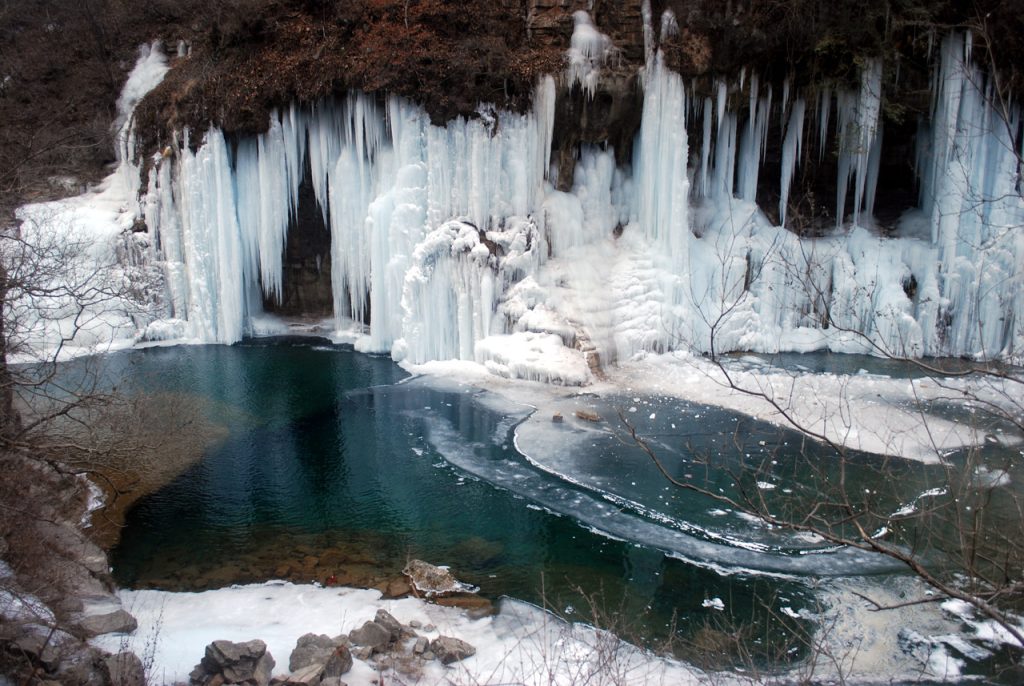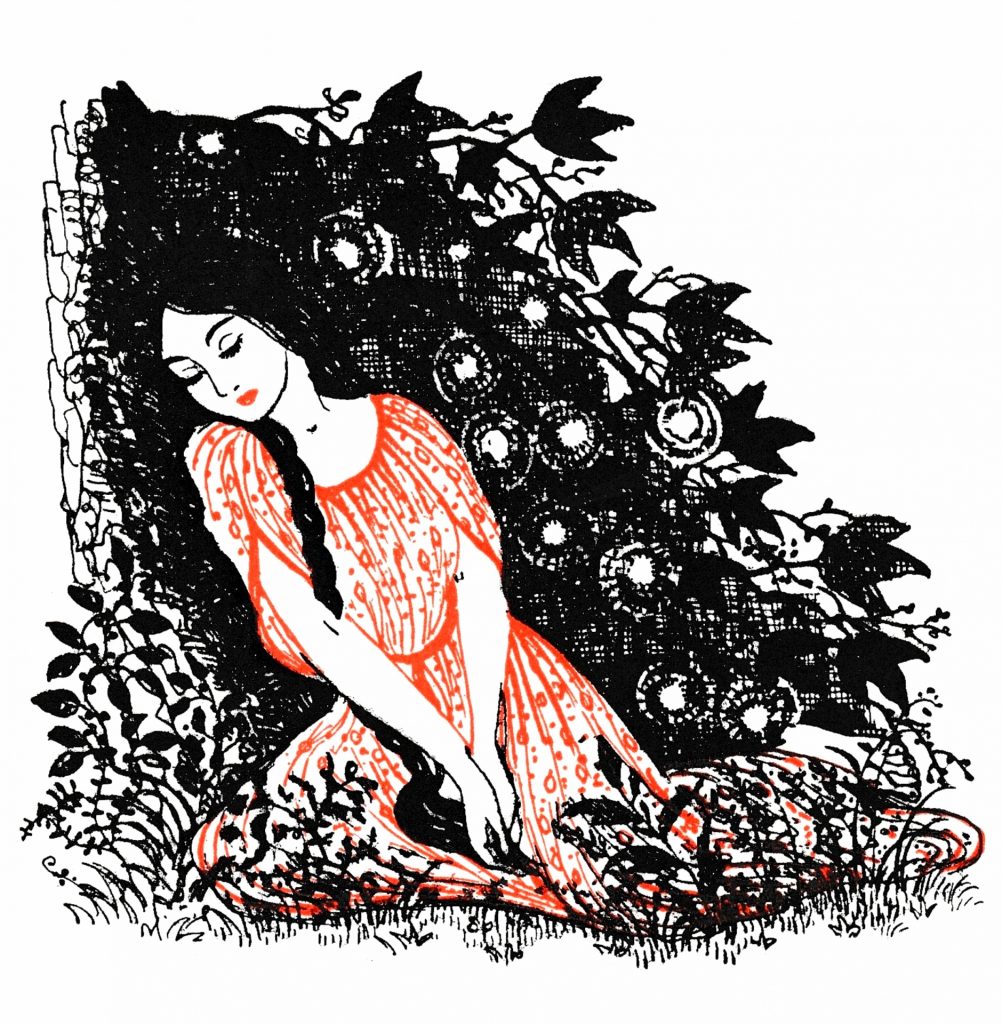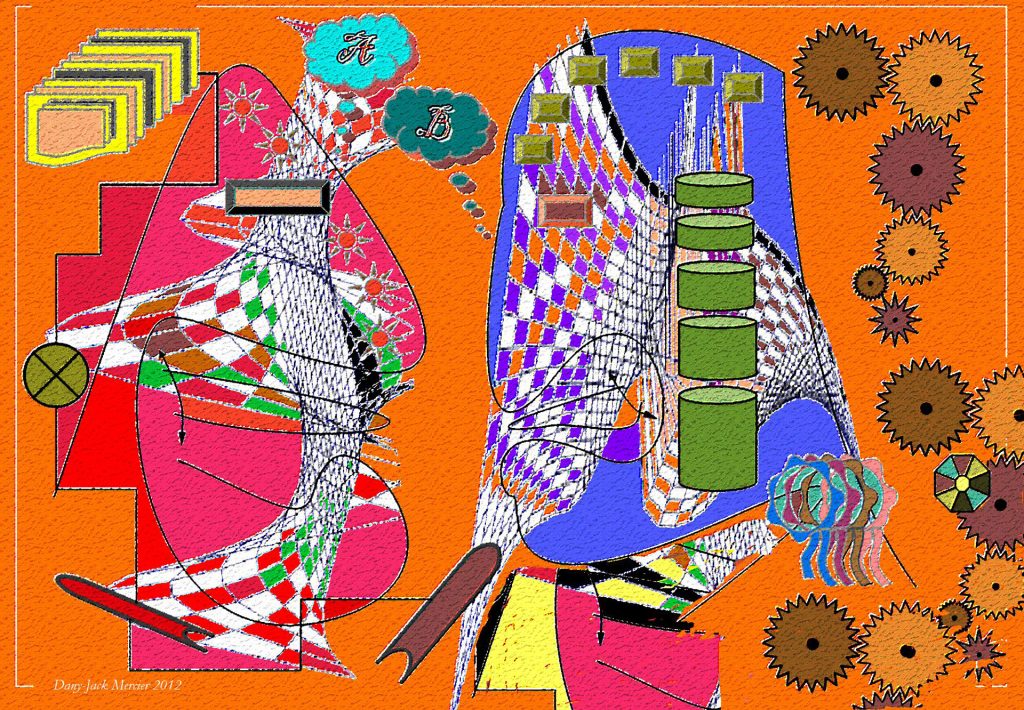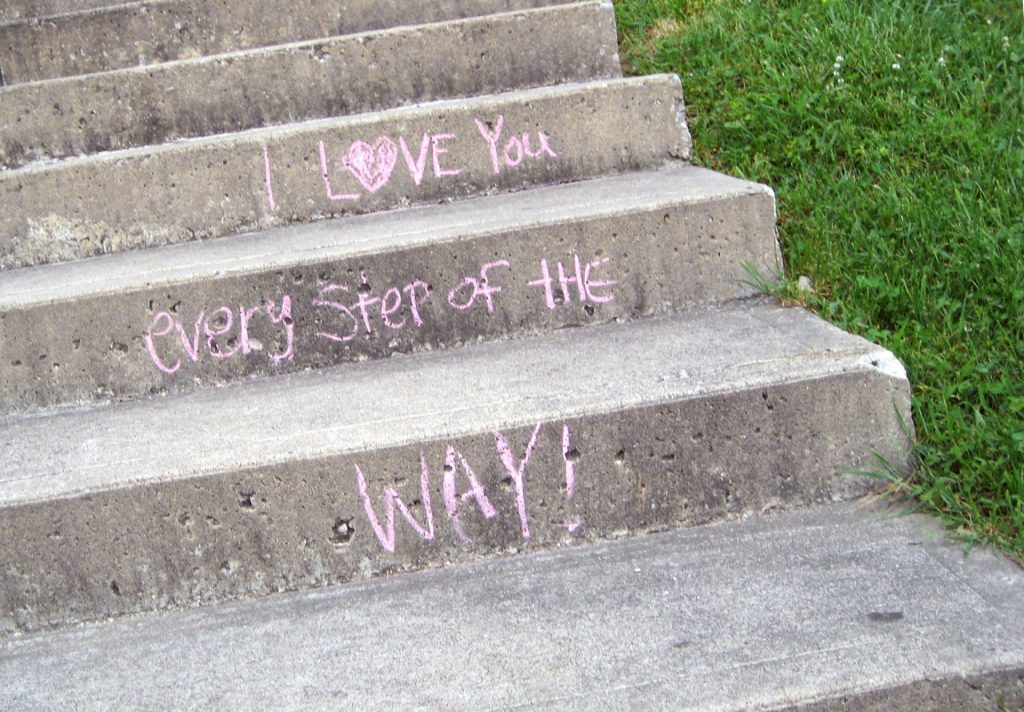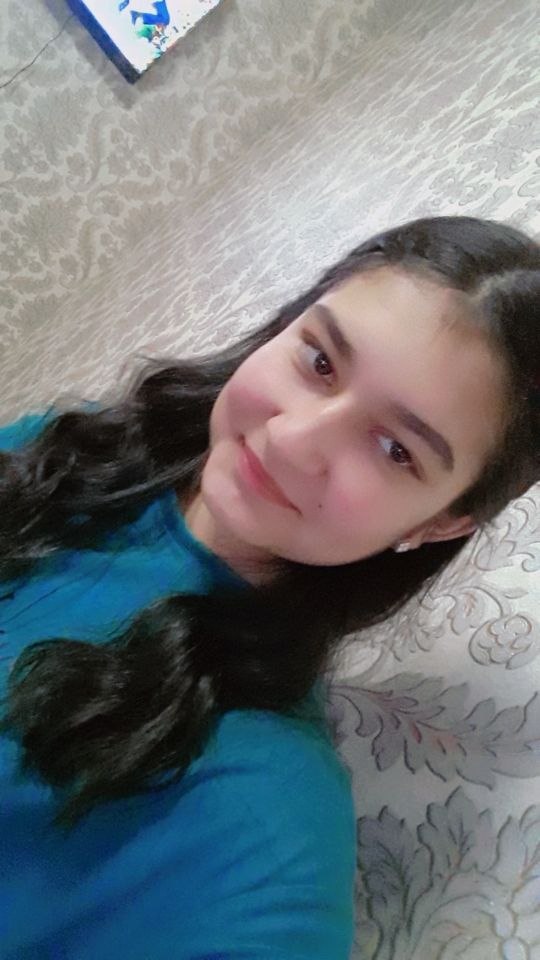
Time
Time is one of the most valuable things a person has. Spending time on idle things, walking on the street, spending a lot of time on activities such as watching shows is one of the sad cases. Watch the right interesting shows. It is also necessary to go for a walk. But it is necessary to know how to divide their time correctly.
Let’s think about what kind of time we spend for ourselves in a day? Reading a book, traveling or idleness. Which one you do is up to you. their interest is fading. Instead of reading books, instead of learning science, they watch various videos on “Tik-Tok”, “Instagram”, “Youtobe” and other social networks and play games. He likes to play. Go out on the street and look around. You will see what kind of situations you see. Young people are walking on the street for nothing, talking with bad words, not being able to get off the phone, etc. Think about what their future will be like.
If every person does not act for himself, if he does not work on himself, it is useless to create conditions for them. You know, we see on television and social networks. In some foreign countries, people are sitting hungry, homeless and young people. They are dying of hunger and disease. You can also briefly call these young people who are not grateful as “ungrateful”.
Dear compatriots, my peers, I don’t want to teach you wisdom or touch your heart. I just want to tell you to allocate your time correctly and not have regrets. Please, dear ones, learn science in your time! Don’t regret it later.
Toshtemirova Dildora was born in Uzbekistan in 2008. School student.

